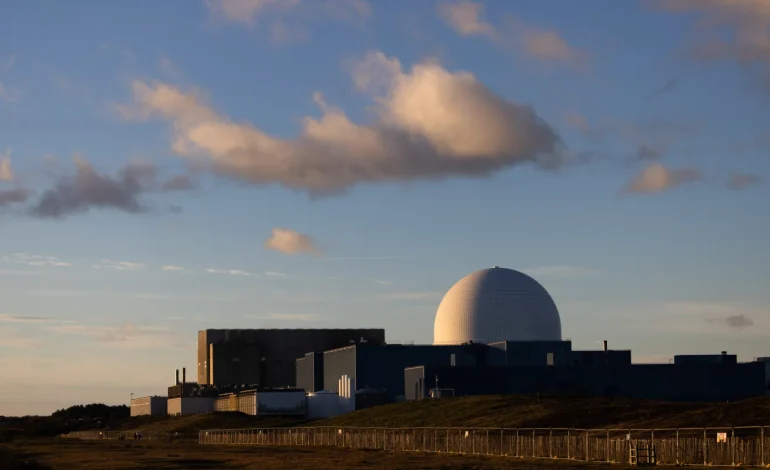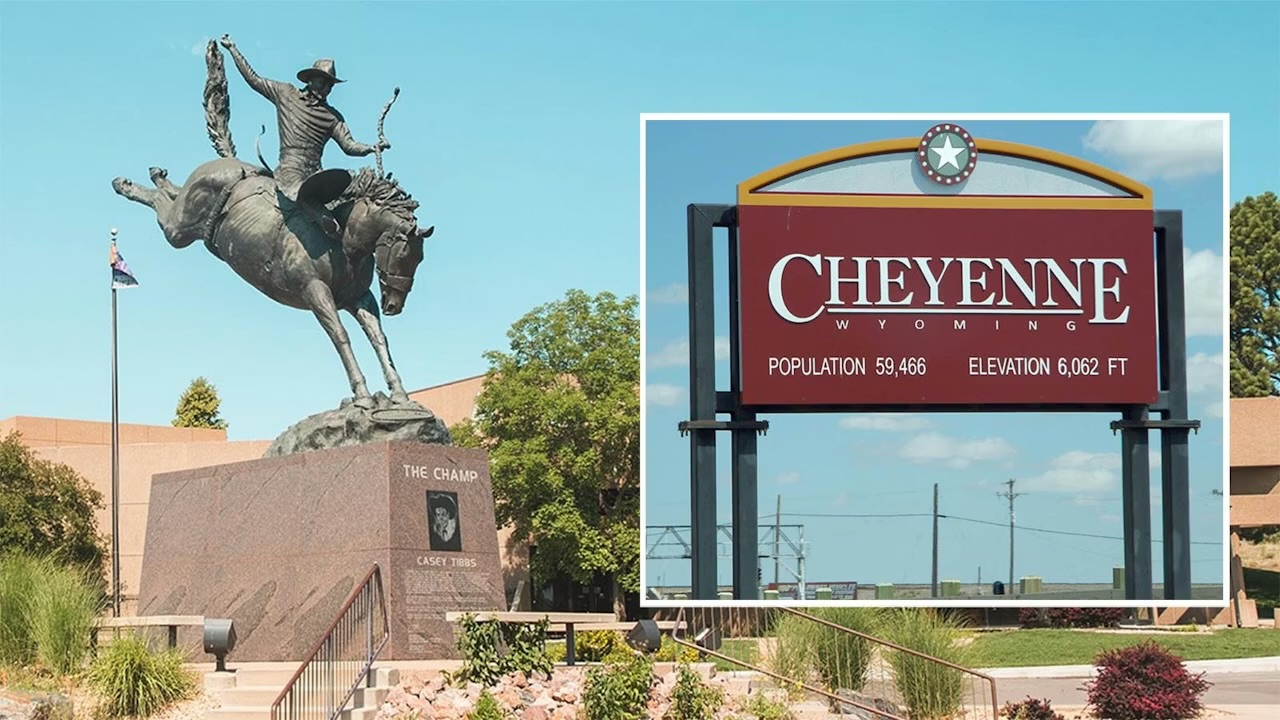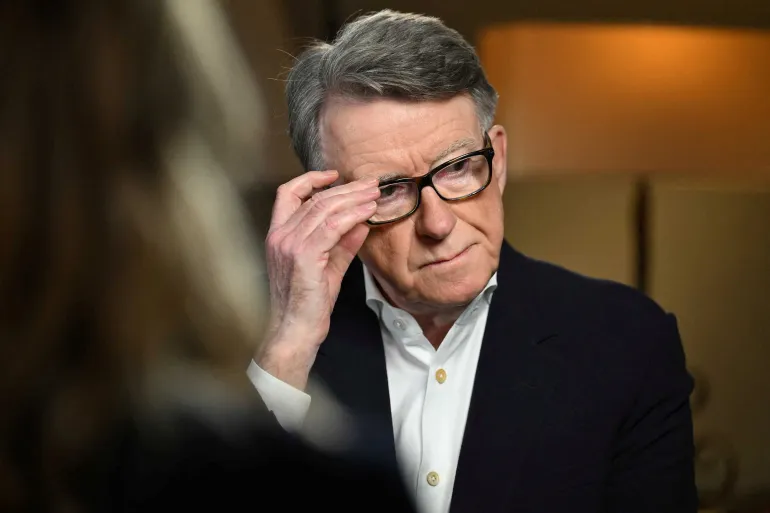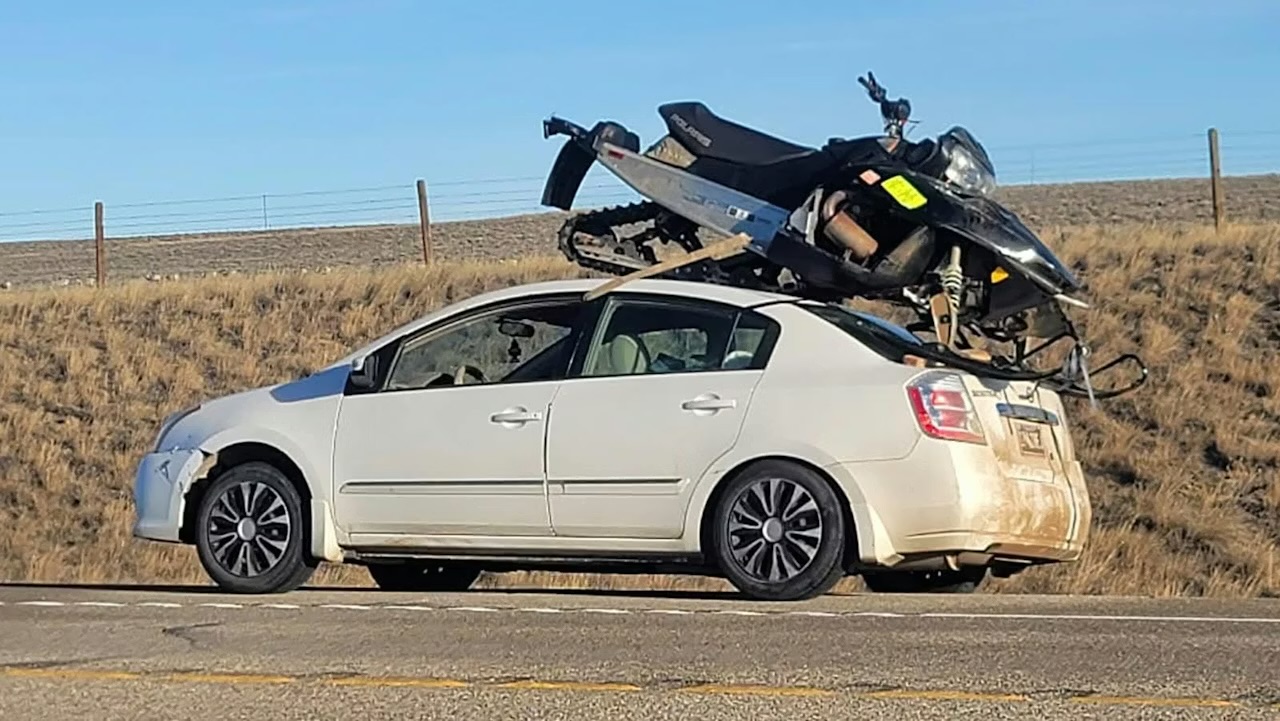UK, US fast-track ‘golden age’ nuclear pact as Trump flies in

Britain and the US are set to sign a sweeping nuclear energy deal this week, timed to President Donald Trump’s state visit, that’s meant to turbo-charge new reactors, cut red tape and unlock billions in private cash — along with thousands of jobs.
Dubbed the Atlantic Partnership for Advanced Nuclear Energy, the agreement will halve average licensing times for projects — from up to four years to about two — and make it easier for companies to build plants on both sides of the Atlantic. Downing Street says the push will bolster energy security, trim bills and help hit climate targets.
“We’re building a golden age of nuclear that puts the UK and US at the forefront of global innovation,” Prime Minister Keir Starmer said.
US Energy Secretary Chris Wright called it a coming “nuclear renaissance,” pointing to soaring power demand from AI and data centers.
The headline deal: X-energy and Centrica plan up to 12 advanced modular reactors in Hartlepool, enough to power 1.5 million homes and create up to 2,500 jobs. The wider programme could be worth £40bn, with £12bn focused in England’s northeast.
More projects are queued up. Last Energy and DP World will pursue a micro modular reactor at the London Gateway port (about £80m in private investment). In Nottinghamshire, Holtec, EDF and Tritax want to turn the former Cottam coal site into a nuclear-powered data-centre hub — a plan pegged at ~£11bn and thousands of skilled jobs.
Beyond fission builds, the pact includes fusion research ties and a pledge to cut UK-US reliance on Russian nuclear material by 2028.
The UK is banking on small and advanced modular reactors — factory-built units assembled on site — to speed construction and lower costs. It follows recent moves on Sizewell C and a domestic SMR programme led by Rolls-Royce. Nuclear’s share of UK electricity has slid from about 25% in the 1990s to roughly 15% today, with ageing plants due to retire; London joined 30+ countries last year in pledging to triple nuclear capacity by 2050.
Centrica boss Chris O’Shea said teaming up with US partners will “bring very stable prices to UK consumers” over time. If ministers deliver the promised fast-track approvals, the government hopes this really is the restart button on Britain’s long-promised nuclear revival.
With input from Bloomberg, the Financial Times, Axios, BBC, and CNBC.









The latest news in your social feeds
Subscribe to our social media platforms to stay tuned